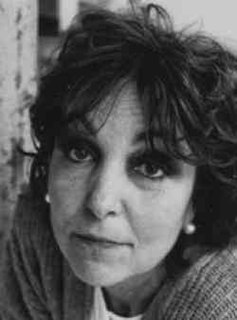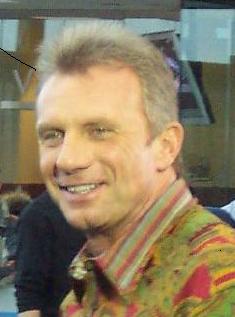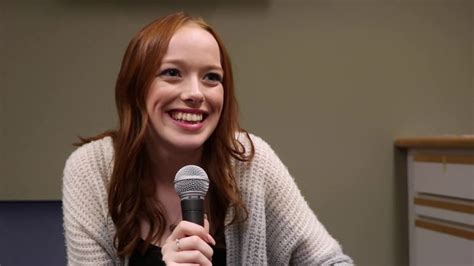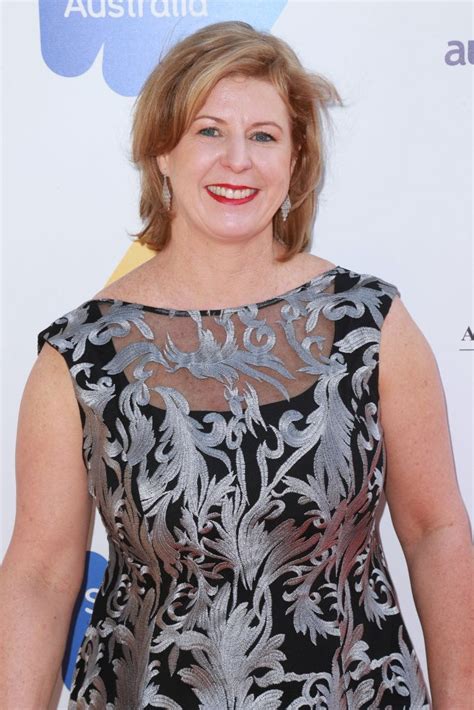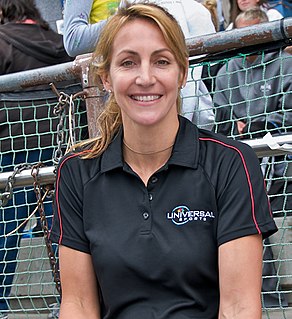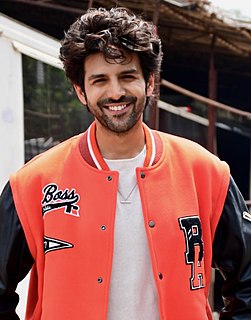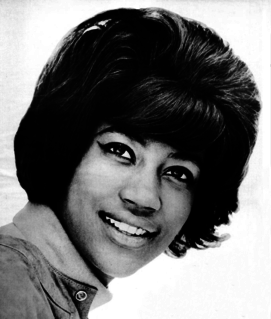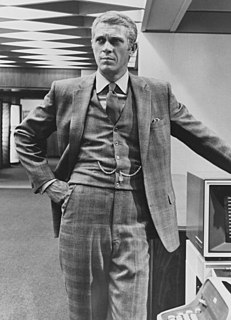A Quote by Bernard DeVoto
The best reason for putting anything down on paper is that one may then change it.
Related Quotes
In collage you're doing it in stages so you're not actually doing it right there. You first of all draw it on the paper, then you cut it up, then you paste it down, then you change it, then you shove it about, then you may paint bits of it over, so actually you're not making the picture there and then, you're making it through a process, so it's not so spontaneous.
I don't ascribe to the idea of the ivory tower composer who sits alone in a room composing his masterpieces and then comes down from Mount Sinai with the tablets. It doesn't work like that. The job of a composer is putting something down on a piece of paper that will inspire the person who's playing.
It is all very well, when the pen flows, but then there are the dark days when imagination deserts one, and it is an effort to put anything down on paper. That little you have achieved stares at you at the end of the day, and you know the next morning you will have to scrape it down and start again.

